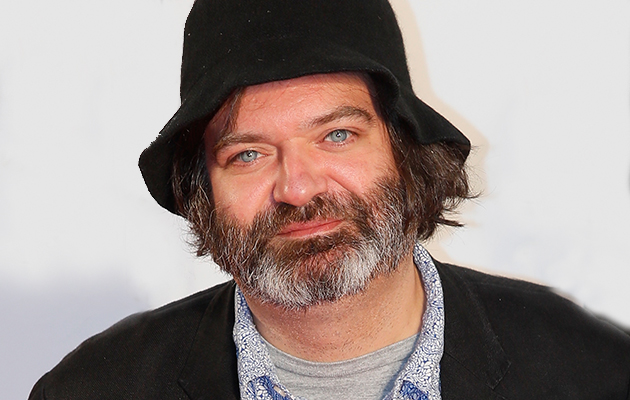Originally published in Uncut’s July 2015 issue After leaving Sonic Youth in 2005, Jim O'Rourke mostly abandoned a multi- faceted career as masterful singer-songwriter, experimental prankster and Wilco associate. Now, though, he has released his first album of songs in 14 years – a prog-pop mas...
“So with my solo records, I was aiming towards how can you use the song form, and how can you use the elements of other music without treating them just like window dressing, which happens a lot and is a continuous frustration for me. People use avant-garde flavour and just sprinkle it on top of very, very uninteresting songs. It’s sort of like sprinkles on an ice cream cone, just a flavour tossed on top afterwards.”
After the experimental Gastr split in 1997, O’Rourke branched out into more traditional terrain, something a few of his existing fans weren’t too happy about. “I was having a lot of bottles thrown at me when I played that stuff live,” laughs O’Rourke, recalling the furore at him ‘going acoustic’.
“People were expecting me to turn up with an electric guitar laid out on a table, and I showed up with an acoustic guitar playing what would become Bad Timing. And people were really, really pissed off, like, ‘What is this bullshit?’ In Holland a guy came up and smashed my guitar with a beer bottle.”
In 1999, O’Rourke’s most explicit foray into pop, Eureka, proved to be an unanticipated success. A bold venture into melancholic, Technicolor pop, it mixed Beach Boys chamber pop with Ivor Cutler covers and bossa nova Bacharach excursions, and featured some stunning songwriting on tracks like “Ghost Ship In A Storm” and “Movie On The Way Down”. A follow-up EP released the same year, “Halfway To A Threeway”, expanded on this rich, refined style with the treated horns and 5/4 rhythms of “Not Sport, Martial Art”, while the creepy title track exposed more of O’Rourke’s gallows humour (“As I lay you down on my bed/It don’t matter that you’re brain dead…”).
Today, O’Rourke is disparaging of his breakthrough album, concerned that most listeners overlook the darkness beneath its impeccably arranged surface. “I’m glad that people like Eureka,” he says, “but to me it’s a very sad record. I still meet people and they’re like, ‘I played it at my wedding, it’s so happy’, and I’m like, ‘Oh my God! People think it’s some happy, good-time record.’ So therefore, I failed. I don’t want people to be happy when they listen to my music!
“Japan was the place where Eureka was actually most popular,” he adds, cringing, “and to this day there are neo-hippies running around with flowers telling me how it changed their life. I’m like, ‘Your life sucks, I can’t believe I had anything to do with it! It makes me so fucking depressed. I turned you into a hippy.’”



